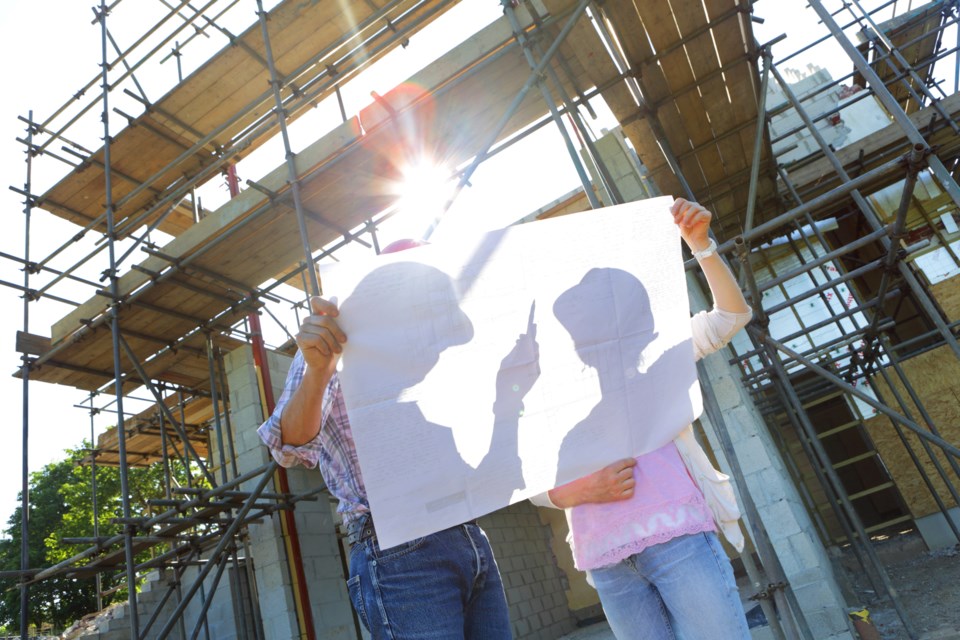More property owners in Coquitlam who want to build a home on a steep slope will have to do a geotechnical assessment to confirm it’s safe for construction.
On Monday (Feb. 28), city council unanimously gave fourth and final readings — following a public hearing — to change the zoning and bylaws for building on sharp terrain.
Utilities director Jonathan Helmus told council the bylaw amendments largely refer to definitions; however, anyone who wants to build on land with a 32 per cent grade (rather than the previous 36 per cent slope) will now be required to undertake a review before construction is allowed.
The cost of a preliminary assessment is about $3,000, while a detailed review runs around $10,000.
“While this isn’t a trivial amount, compared to the investment that homeowners are making in buying a lot and building a house, this seems like a worthwhile investment to give them that security,” Helmus said at council’s Feb. 7 meeting.
The sloped neighbourhoods in question are in the northern part of southwest Coquitlam — that is, the Chines and Corona escarpment areas.
Since 2017, the city has received seven building applications for these zones.
The move to update the city’s slope stability policies coincides with new guidelines set by the Engineers and Geoscientists of B.C.
Helmus told council city engineering staff will work with landowners to make sure the development process is “clear and simple,” with checklists required for those seeking to build on steep slopes.
The Urban Development Institute (UDI), as well as the Homebuilders Association Vancouver (HAVAN), has been notified of Coquitlam’s bylaw amendments, he said.
“It’s not a massive change,” he told council, adding, “Our goal is to keep everyone safe.”
According to the city’s website, steep terrain can be susceptible to landslides if the ground becomes unstable.
A 2013 consultant’s report for the City of Coquitlam showed of the 108 residential lots it studied in the Chines and Corona areas, seven were rated as “high” and “very high risk” properties along Corona Crescent and Thermal Drive; another 30 properties were deemed as having a “moderate risk.”
DANGER SIGNS
If you live on a steep hill, the city asks that you check for slope failure by examining:
- Cracks along your yard near the slope
- Extensive saturation (after continuous periods of heavy rains)
- Increase in water levels at the bottom of the ravine (when debris fills the channel bed)
- Leaning trees, retaining walls or fences
- Soil separating (moving) from foundations or structures
WHAT YOU CAN DO
And here’s how to protect your slope, according to the city:
- Avoid placement of sheds, pools, decks or patio at the top of the slope or adding excessive weight
- Avoid placing fill (yard waste included) at the top of the slope or near drainage channels, including building retaining walls to raise your property
- Comply with city guidelines and bylaws for your own protection
- Divert water away from the slope, including roof drainage
- Plant native trees suited for Coquitlam’s weather/climate
- If water is draining to the ravine or slope, pipe it to the bottom of the slope to prevent saturating the slope
- Maintain the slope’s vegetation to strengthen its stability



